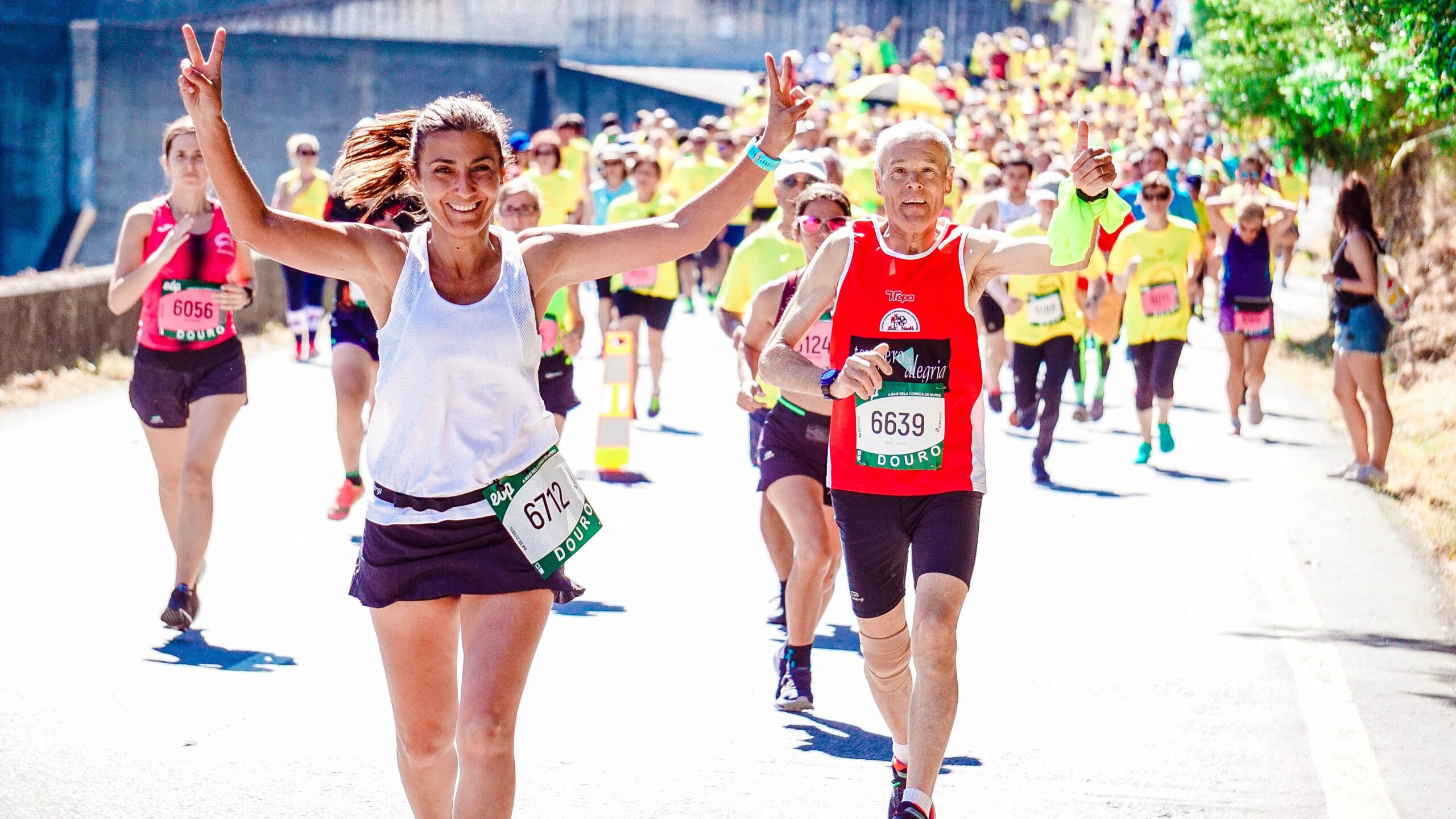In the unending journey of fitness, we all find ourselves crossing paths with countless challenges. Whether it’s the heart-thumping rush of a 5k race, the muscle-burning intensity of a high-level CrossFit competition, or the mental and physical test of an obstacle course race, fitness events are designed to push us beyond our limits. They test our endurance, strength, and resilience, both physically and mentally. And yet, these are the same events that we sign up for, time and again, in the pursuit of personal growth, camaraderie, and the thrill of achieving the impossible. That’s what makes them so appealing and at the same time, so daunting.
However, these events also come with their share of obstacles, which, if not tackled correctly, can become insurmountable. So, how do we overcome these obstacles in fitness events? Let’s take a deep dive into the ten most challenging aspects of fitness events and explore practical strategies to overcome them.
Overcoming Mental Blocks
Perhaps the biggest obstacle in any fitness event is the one we construct in our own minds. Self-doubt, fear of failure, or the sheer intimidation of the task at hand can make the event seem impossible.
To overcome this, start by setting small, achievable goals. This could be as simple as finishing a race without stopping or performing a certain number of reps in a workout. Remember, progress is progress, no matter how small. Celebrate your victories and use them as stepping stones to build your confidence.
Another strategy is visualization. Imagine yourself successfully completing the event. This practice trains your brain to believe that success is possible, thereby reducing anxiety and boosting performance.
Building Physical Endurance
Physical endurance is the backbone of any fitness event. It determines how long you can sustain the intensity of the event before fatigue sets in.
Building endurance requires consistent training. Incorporate endurance-focused workouts into your routine, such as long-distance running or high-rep weight training. Additionally, practice specific activities that mimic the demands of your event.
Rest and recovery are also critical for endurance. Ensure you’re getting enough sleep and taking rest days to allow your body to heal and adapt.
Improving Strength and Power
Many fitness events require a significant amount of strength and power. However, these attributes don’t come naturally to everyone.
Strength and power training should be an integral part of your fitness regimen. This can involve weightlifting, plyometrics, or bodyweight exercises. Vary your workouts to challenge different muscle groups and avoid plateauing.
Again, remember to rest adequately between workouts. Overtraining can lead to injuries and hinder your progress.
Acclimatizing to the Environment
Fitness events can take place in various environments, each presenting unique challenges. For instance, running a marathon in a hilly area is vastly different from running one on a flat track.
The key to overcoming this obstacle is to train in conditions that closely resemble those of your event. This could mean training outdoors if your event is outside or using a treadmill with an incline if you’re preparing for a hilly race.
5. Dealing with Unexpected Setbacks
Injuries, illnesses, or personal issues can derail your training and dampen your morale. It’s important to remember that setbacks are a part of the journey, not the end of it.
Firstly, give yourself time to recover. Rushing back into training can lead to further complications. Next, adapt your training to accommodate the setback. For instance, if you’ve injured your leg, focus on upper-body workouts until you’re healed.
Finally, maintain a positive mindset. Remember that setbacks are temporary, and with patience and persistence, you can bounce back stronger.
6. Balancing Training with Life Responsibilities
Finding the time and energy to train for a fitness event while juggling work, family, and other responsibilities can be a major challenge.
To overcome this, prioritize your time and establish a consistent training schedule. You could wake up earlier to train before work or use your lunch break for a quick workout.
It’s also important to communicate your fitness goals to your family and friends so they can support you on this journey. Remember, balance is key. Don’t let training take over your life; instead, integrate it into your lifestyle.
7. Managing Nutrition and Hydration
Proper nutrition and hydration are crucial for optimal performance. However, understanding what and when to eat can be a challenge.
A balanced diet, rich in protein, carbohydrates, and healthy fats, will provide the energy you need for training and recovery. Also, staying hydrated is essential, especially during long, intense workouts.
Consider consulting a dietitian or a sports nutritionist to create a meal plan that suits your fitness goals and dietary needs.
8. Coping with Performance Anxiety
The pressure to perform well in a fitness event can lead to performance anxiety, which can negatively impact your performance.
To manage this, focus on the process rather than the outcome. Enjoy the experience of participating in the event and celebrating your progress, regardless of the result.
Practicing mindfulness and deep-breathing exercises can also help reduce anxiety and improve focus.
9. Building Skills and Techniques
Each fitness event requires specific skills and techniques. For example, an obstacle course race may require climbing skills, while a weightlifting competition may require proper lifting techniques.
To develop these skills, incorporate specific training exercises into your routine. You could also consider hiring a coach or attending workshops to learn from experienced athletes.
Remember, mastering a skill takes time and practice, so be patient with yourself.
10. Recovering Post-Event
After a fitness event, your body needs time to recover and heal. However, the excitement of the event or the eagerness to prepare for the next one may push you to neglect this important phase.
Post-event recovery involves replenishing your energy through proper nutrition and hydration, getting adequate rest, and engaging in light, restorative exercises like yoga or walking.
Also, don’t forget to celebrate your achievement. Completing a fitness event is a significant accomplishment, no matter your placement or time.
Overcoming obstacles in fitness events is a journey that requires dedication, patience, and resilience. But with the right strategies and mindset, these obstacles can transform into stepping stones to success. So, lace up your sneakers, put on your game face, and get ready to conquer your next fitness challenge!
We welcome any suggestions or questions. You can email us or contact us using the contact page.
You can also connect with us on the following social networks:









0 Comments